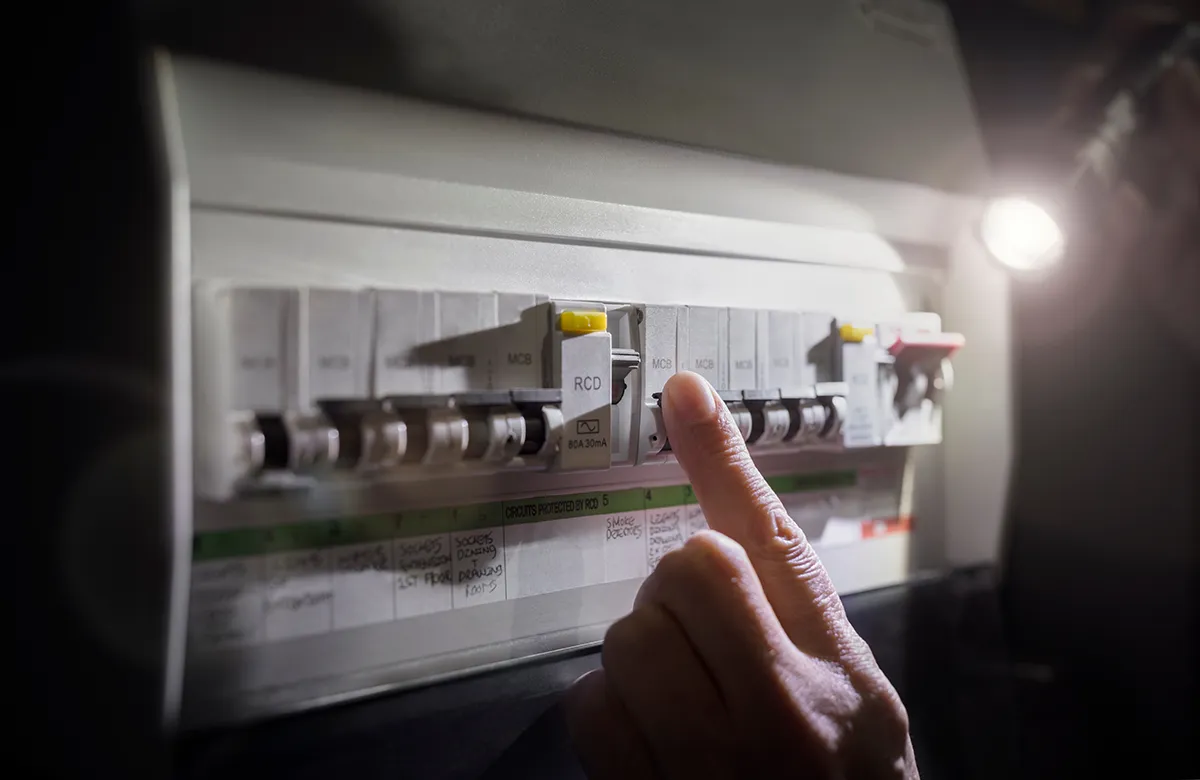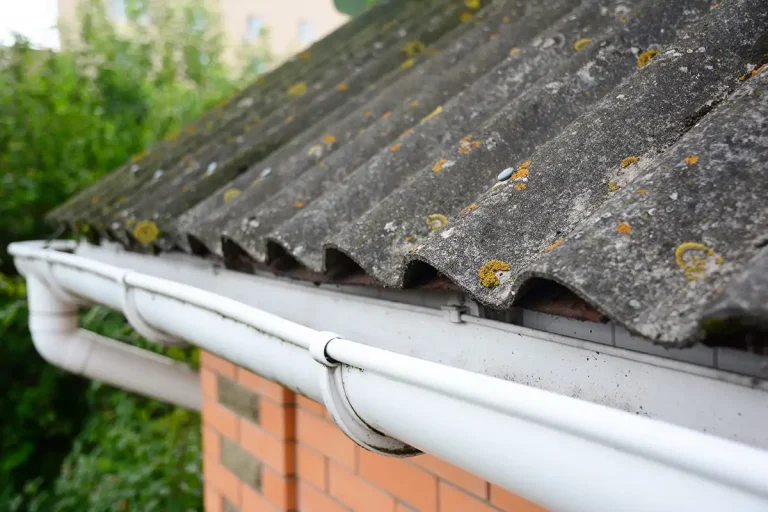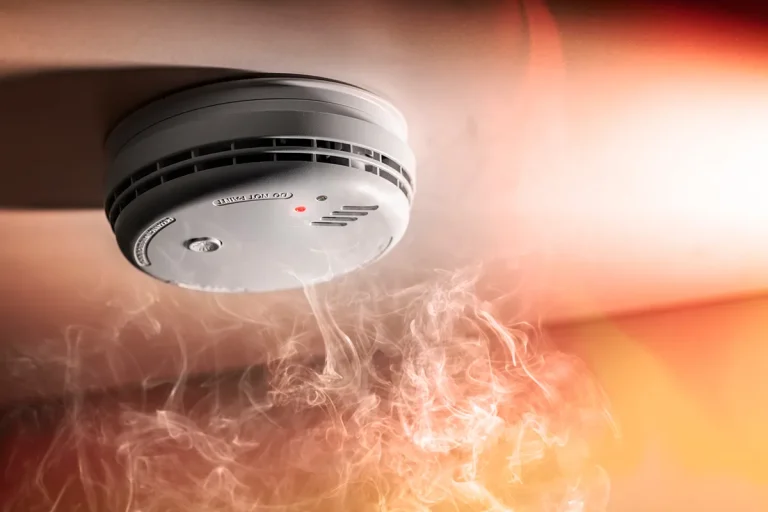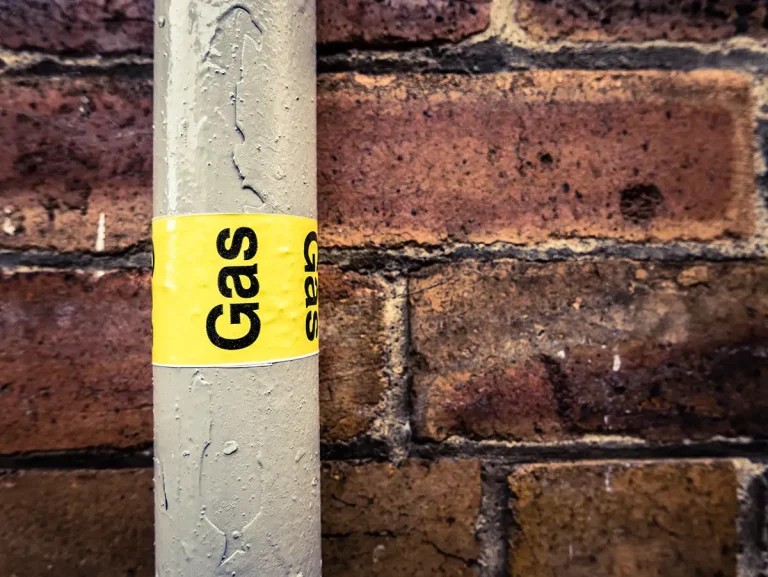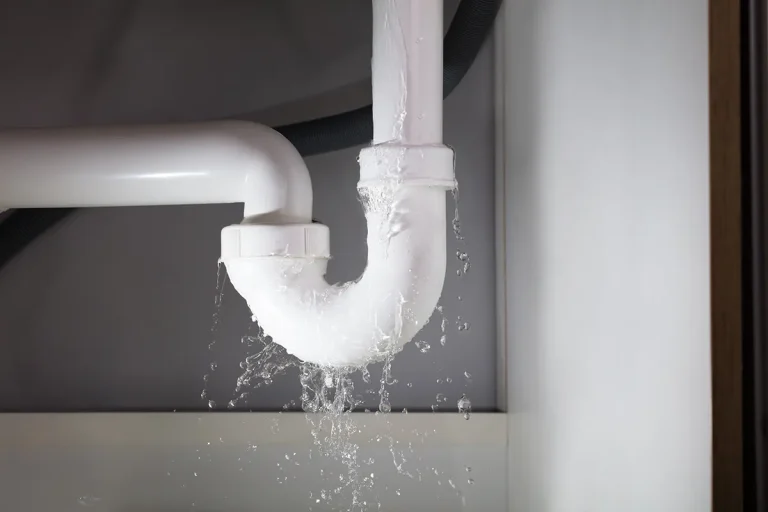What to do if there are problems with the electricity in your home
If you have a power cut, follow this advice from National Grid.
To report a power cut, call National Grid on 0800 6783 105
If your fittings or appliances are sparking, flickering, or giving off shocks, if it is safe to do so, turn off the mains switch at the consumer unit (fuse box) and contact us immediately.
IMPORTANT: If the consumer unit is sparking or giving off shocks, do not touch it; wait for one of our emergency engineers to attend.
If you have a damaged socket, switch or light fitting, call our repair team immediately. Do not wait for it to be repaired as part of our standard inspection cycle.
Electricity: how to stay safe in your home
- Make sure you know where your fuse box and main switch are; you may need to turn them off in an emergency.
- If you have an RCD switch in your home, make sure you know how to reset it. We advise you test the RCD switch every six months by pressing the T or Test button. This should switch the supply off and on again. If the switch fails, please report it to our repairs team on 01594 838 000.
- Before you report a power cut, check if any of your electrical appliances have caused the switch to trip. This will usually be the most recent appliance you turned on. If in doubt, turn off all the appliances you’ve been using, then turn them back on one at a time until you find out which has caused the switch to trip.
Plugs and sockets
Look out for:
- Hot plugs or sockets, scorch marks, fuses that often blow and flickering lights. These are all signs of loose wiring or other electrical problems.
- Poorly wired plugs: any coloured wires sticking out could come loose, or debris could get into the plug. Poorly wired plugs can also cause an electric shock. If in doubt, always get an appropriately qualified electrical engineer to rewire your plugs.
- Overloaded sockets: never plug too many electrical appliances into one socket as this can cause overheating and lead to a fire. It’s better to use an extension lead than a multi-plug adaptor.
- Only use CE-accredited phone chargers, and always try to use the original brand’s charger. Imitation chargers without CE accreditations are a fire risk.
Cables and leads
Look out for:
- Fraying and damage: always replace a power lead if its outer covering is in poor condition.
- Bad positioning: make sure leads cannot be tripped over and are not near water, cookers or other heat sources.
- Leads under rugs or carpets: you may not notice if they wear out.
Appliances
General rules:
- Do not get electrical appliances wet. For example, do not put a vase of flowers on top of the TV in case you knock it over.
- Do not leave electrical appliances on at night unless they’re designed to run continuously, like a freezer.
- Do not put anything in the microwave that’s made of metal or has a metallic finish or parts.
Fuses
- Use a 3-amp fuse for appliances up to 700 watts.
- Use a 5-amp fuse for appliances between 700 and 1,000 watts.
- Use a 13-amp fuse for appliances of more than 1,000 watts.
- If you fit or change a fuse, use the right fuse for the appliance. Check the manual or look for a sticker on the appliance to find out what this is.
Servicing
You may like to have appliances that run at high speeds and contain motors, such as washing machines, serviced annually by a qualified service engineer.
Installing new electrical fixtures and fittings
You must have our consent before you install any new electrical fittings, such as sockets, switches and wiring. All work must be carried out and certified by an approved electrical engineer. If you go ahead without our consent, we’ll remove the new fittings and charge you our costs for doing this.
